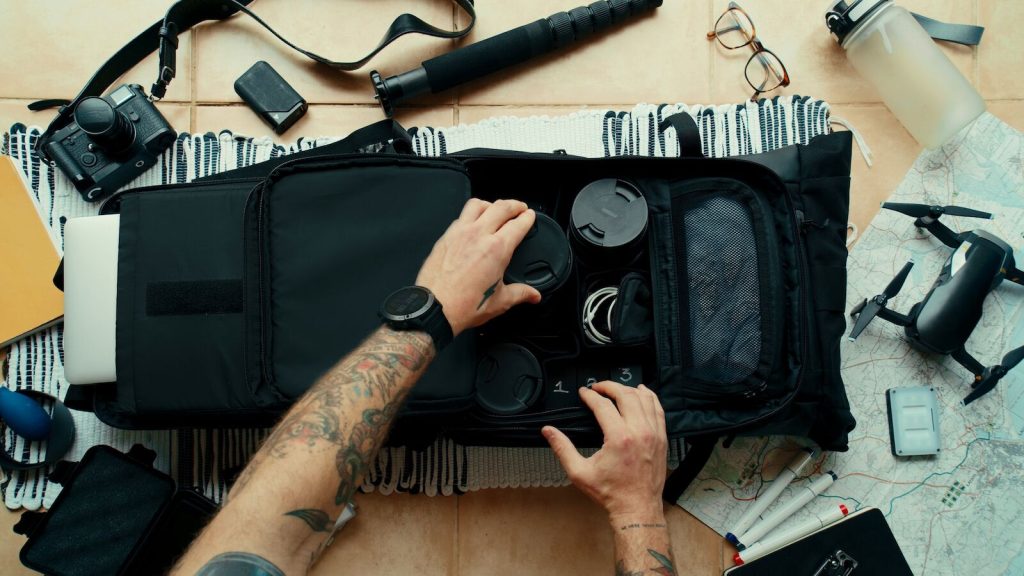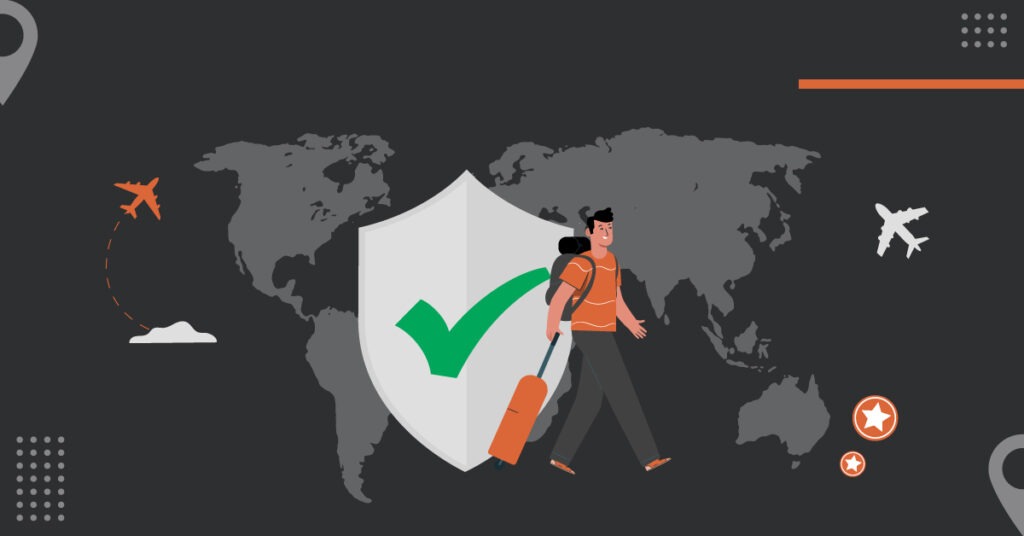Traveling is one of life’s greatest joys. Exploring new destinations, experiencing different cultures, and meeting new people can be enriching and exciting. However, safety should always be a top priority. A little preparation and awareness can prevent potential problems and help ensure your trip is smooth and enjoyable. Here are some essential travel safety tips to consider before and during your journeys.
1. Research Your Destination

Before you even book your trip, take time to research your destination thoroughly. Look into local customs, laws, and cultural norms to avoid misunderstandings. Check travel advisories from your government to understand safety concerns in specific regions. Researching crime rates, local transportation options, and emergency contacts will give you a better sense of what to expect and how to stay safe.
2. Keep Your Documents Safe
Your travel documents, such as passports, visas, and tickets, are critical. Keep them in a secure, easily accessible place. Consider using a travel wallet or money belt that can be worn under your clothes. Make digital copies of important documents and store them in a secure cloud service or email them to yourself. In case of loss or theft, having copies will make replacements much easier.
3. Be Smart with Your Money
Carrying large amounts of cash can make you a target for theft. Instead, carry a mix of cash, credit cards, and debit cards. Use cards with fraud protection, and avoid keeping all your money in one place. Split your funds between your wallet, hotel safe, and other secure locations. Always be cautious when using ATMs, particularly in unfamiliar areas, and avoid sharing PIN numbers with anyone.
4. Protect Your Valuables

When traveling, it’s easy to get caught up in sightseeing and forget about your belongings. Keep valuables like electronics, jewelry, and passports out of sight. Consider using anti-theft backpacks or bags with lockable zippers. At your accommodation, use a safe if available, and never leave valuables unattended in public areas.
5. Stay Connected
Inform family or friends of your travel plans, including your itinerary and accommodation details. Check in regularly via phone or messaging apps. Having someone who knows your whereabouts can be crucial in case of emergencies. Also, familiarize yourself with local emergency numbers, such as police, medical services, and your embassy or consulate.
6. Use Safe Transportation
Transportation can pose safety risks, so choose options wisely. When using taxis or rideshares, verify the driver and vehicle details before getting in. Public transportation is generally safe but stay alert in crowded areas. Avoid walking alone at night in unfamiliar or poorly lit areas. When renting a vehicle, follow local driving laws and ensure your rental is in good condition.
7. Be Cautious with Food and Water
Foodborne illnesses can ruin your trip. Stick to reputable restaurants and avoid street food if you have a sensitive stomach. Drink bottled or filtered water, especially in areas where tap water may not be safe. Always wash your hands before eating, and carry hand sanitizer for convenience.
8. Stay Healthy

Traveling can expose you to different climates and health risks. Carry a basic first aid kit, including medications you may need, bandages, and antiseptic. If traveling internationally, check if vaccinations or preventive medications are recommended for your destination. Rest well, stay hydrated, and avoid overexertion to keep your immune system strong.
9. Trust Your Instincts
One of the most important safety tips is to trust your instincts. If something feels off or unsafe, remove yourself from the situation immediately. Whether it’s a suspicious area, a stranger’s behavior, or an uncomfortable situation, listening to your gut can prevent potential harm.
10. Stay Alert Online
Digital safety is just as important as physical safety. Avoid public Wi-Fi for sensitive transactions like online banking. Use VPNs when necessary and be cautious about sharing your travel plans on social media in real-time. Cybercriminals can exploit information about your location to commit theft or fraud.
Conclusion
Travel should be an exciting and rewarding experience, but safety should never be overlooked. With careful planning, situational awareness, and a few precautionary measures, you can significantly reduce risks and enjoy your trip with peace of mind. Remember, the goal of travel is not only to explore the world but to return home safely with memories that last a lifetime. By following these travel safety tips, you can make your journey both enjoyable and secure.

